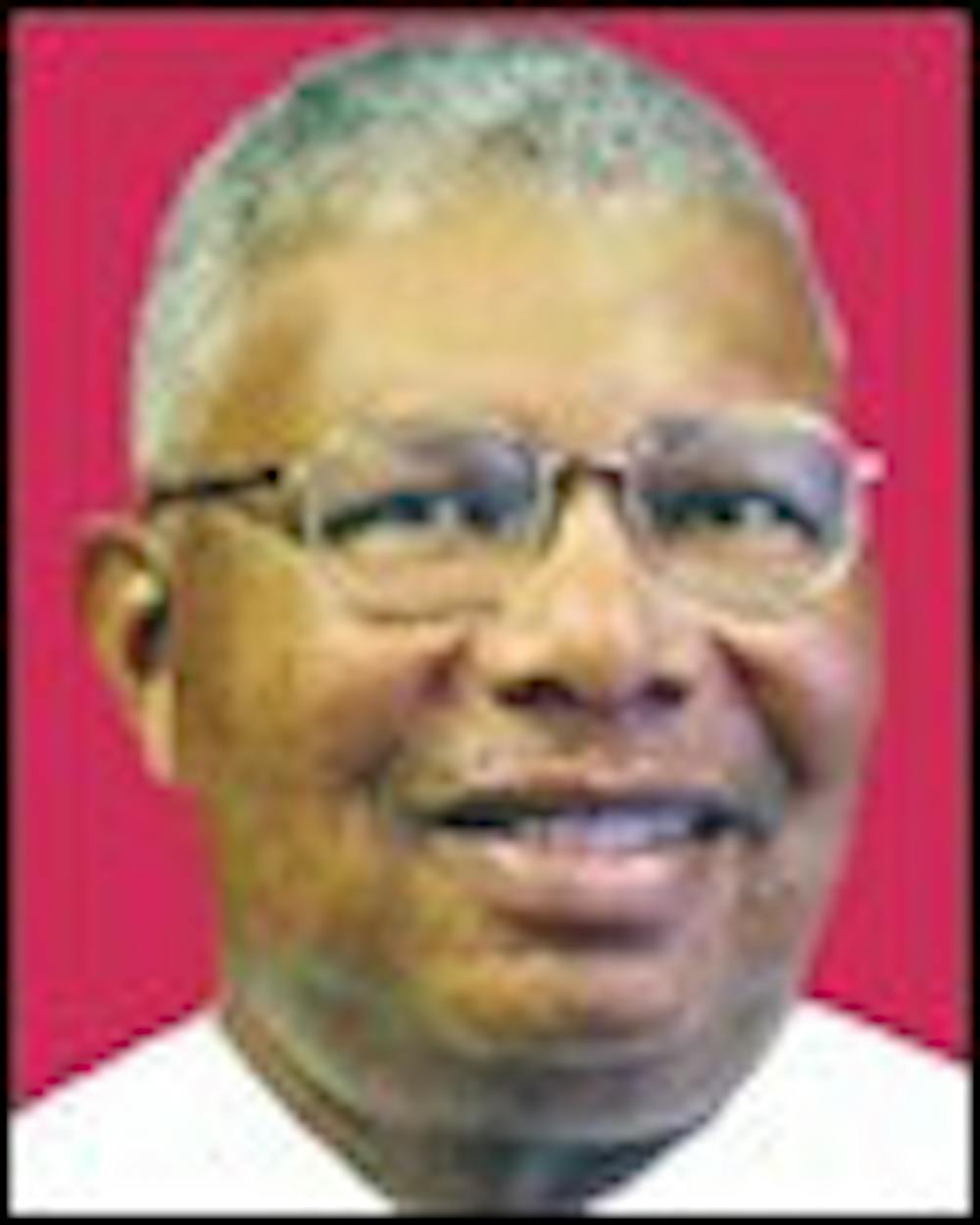University and city of Phoenix officials are trying to make Arizona's capital city into a vibrant college town.
Mernoy Harrison, former ASU executive vice president of administration and finance, said by fall 2006 the first programs would be available for students at the proposed Capital Center. By 2008, a complete range of planned academic programs would be ready to go.
ASU President Michael Crow appointed Harrison to be the campus' provost last Thursday.
Harrison said ASU spoke with him in June and asked him if he wanted to take the job.
"It sounds like something very challenging to be taking a campus from conceptualization to realization," Harrison said. "I thought this would be a very interesting thing to get involved in."
Harrison said he has been involved in education at various levels through his entire career. ASU and city of Phoenix officials will discuss their joint plan to develop Crow's proposed Capital Center campus later this month.
A "strategic plan" for the entire downtown Phoenix area will be released Sept. 21 by the Phoenix City Council, and a public meeting will be held at 2 p.m. the same day in the Phoenix City Council chambers, said Patrick Grady, director of the Downtown Development Office for the City of Phoenix.
The planned Capital Center and biomedical facilities will be a large part of the discussion, Grady said. A town hall meeting will follow on Sept. 23 to gather public feedback, and the following six to seven weeks will be reserved for accepting public comment on the plans, he added.
ASU's involvement in downtown projects would include the Capital Center campus, a joint ASU-UA Phoenix Biomedical Campus and participation in the tri-university Arizona Biomedical Collaborative, which includes ASU, UA and NAU. At the same time, the plan would address developing businesses and student housing in the city.
"The plan really represents both a vision and what I would call a strategic blueprint for the future," Grady said. "It covers everything from housing to neighborhoods to ... retail and historic preservation."
But completion of ASU's portion of the plan depends on approval during a future Arizona Board of Regents meeting, Grady said. During that meeting, likely to be held in January, Crow's plan would be considered along with plans for the other ASU campuses.
Grady said the meeting would show citizens the work ASU has been doing with architectural firms, but the plans will be very general and may change over time as the project moves forward.
"We'll be revealing where it is proposed that the central location of the downtown campus will be," Grady said. "Once this vision and its plan is complete, how do we get these things implemented?"
College of Architecture and Environmental Design Dean Wellington Reiter said Crow has asked him to help develop the design concept for the Capital Center, but for now, no plans exist.
ASU will focus on design issues once Phoenix has obtained property and begun working with the University.
"It's not a design question at the moment," Reiter said. "We're in partnership with the city. Anything we do downtown is being done with our partner."
Creating a pedestrian-friendly downtown atmosphere will be vital to the success of the project, Reiter said.
"We are trying to get the city to buy into issues of a really vibrant street life with active ground-floor uses," Reiter said. "You have to put shade wherever you can build it. If you don't provide a lot of shade, it's not going to work."
The project will also have to be a short distance from light rail.
"We've said no more than five minutes away," Reiter said. "Preferably as soon as you get off, you can see [campus]."
Student housing and business development downtown will encourage a "24-hour presence," said Rich Stanley, senior vice president for University planning. This will create a more "lively and economically diverse" city of Phoenix, Stanley said. Students would experience benefits from being downtown, he added.
"[The campus] would be close to the media capital and the government capital of the state."
Reach the reporter at nicole.saidi@asu.edu.




